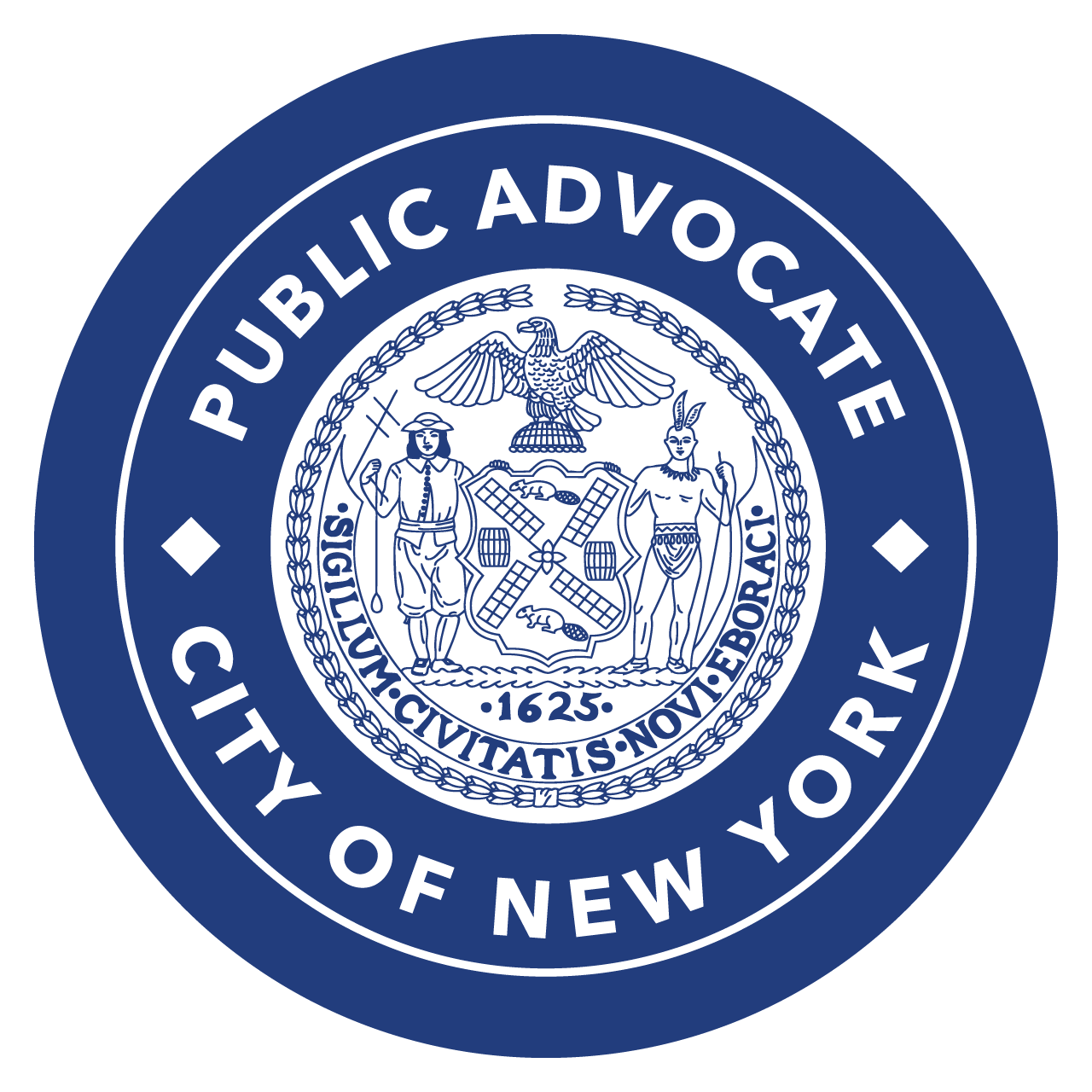On Tuesday, New York City Public Advocate spoke before the NYC Commission to Strengthen Local Democracy Charter Revision Commission at a public hearing to emphasize his proposals to strengthen transparency and accountability measures in city government, both through his office and other oversight bodies.
In the Public Advocate’s May statement before the commission, he pushed for expanded resources for entities including the Board of Correction and the Civilian Complaint Review Board – proposals now reflected in the commission’s preliminary report. At last night's hearing, he focused on strengthening the investigative powers of the Office of the Public Advocate, particularly through subpoena power and clarified standing to sue.
Under current Charter provisions, the Public Advocate can seek a ‘summary inquiry’ into city agency conduct, but only through a lengthy and expensive legal process. “Subpoena power, on the other hand,” he argued, “would not require my office to go to court first and expend limited money and resources for information that under purview of the Charter should be shared if requested. Giving the office full subpoena power would better allow the office to fulfill its duties as mandated by the existing Charter.”
“Additionally,” he continued, “the Charter does not make clear the Public Advocate’s standing to sue on behalf of the residents of New York City”. Because the Law Department determines which cases can be pursued, this violates the intende
separation of powers among city officials as the Office of the Public Advocate is independent from mayoral agencies. Clarifying standing to sue would improve transparency and accountability in New York City. The Public Advocate noted that “The Governor recently acknowledged that in the current climate of corruption and the appearance of corruption, citywide elected officials in NYC should have the ability to hire independent counsel and have standing to sue.”
Read his full statement below. STATEMENT OF PUBLIC ADVOCATE JUMAANE D. WILLIAMS TO THE NEW YORK CITY NYC COMMISSION TO STRENGTHEN LOCAL DEMOCRACY JULY 1, 2025
Hello. My name is Jumaane Williams, and I have the pleasure of serving as Public Advocate for the City of New York. I want to thank this Commission for inviting me to testify before you once again. I also want to thank Chairs Garrido and Rice as well as Members of the Commission and my fellow New Yorkers for their participation in this open and transparent process to make government better and fairer.
My previous testimony touched on government accountability, specifically reforms to government oversight bodies like Board of Corrections (BOC) and the Civilian Compliant Review Board (CCRB) — recommendations that I was pleased to see reflected in the Commission’s recent recommendations. I do however want to reiterate two recommendations respective to my office: the need for subpoena power and for standing to sue.
The Office of the Public Advocate may petition for a summary inquiry under Charter § 1109, but only for instances where a City agency or official has not upheld the law, or failed in performing a specific duty required of them by law. The Public Advocate, amongst other city elected officials, the Commissioner of Investigation, or any five taxpaying citizens, can ask the NY Supreme Court to institute a “summary inquiry into any alleged violation or neglect of duty in relation to the property, government or affairs of the city.” This process requires filing a lawsuit that the agency from which information is being sought, to answer the complaint and argue to the court why it shouldn’t grant the inquiry; with further ability to appeal an affirmative ruling – an expensive and time consuming process. Subpoena power, on the other hand, would not require my office to go to court first and expend limited money and resources for information that under purview of the Charter should be shared if requested. Giving the office full subpoena power would better allow the office to fulfill its duties as mandated by the existing Charter.
Additionally, the Charter does not make clear the Public Advocate’s standing to sue on behalf of the residents of New York City. Because the Law Department determines which cases can be pursued, this violates the intended separation of powers among city officials as the Office of the Public Advocate is independent from mayoral agencies. Clarifying standing to sue would improve transparency and accountability in New York City. The Governor recently acknowledged that in the current climate of corruption and the appearance of corruption, citywide elected officials in NYC should have the ability to hire independent counsel and have standing to sue.
Finally, on the question of commissions and boards, I was asked by a member of the Commission during my previous testimony if I believed there was a commission or board that the Public Advocate should have appointments for. I would like to propose an appointee by the Public Advocate for the Franchise and Concessions Review Committee (FCRC).
Under the Charter, the FCRC is composed of elected officials and/or their designees as appointed by the Mayor, the Comptroller, the Corporation Counsel, the Director of Office Management and Budget (OMB) and one additional appointee chosen by the Mayor. A Borough President or their appointed designee may also serve on the FCRC if the franchise or concession before the committee is located within their borough. Given the citywide perspective this committee holds, I believe that amending the Charter to include an appointee by the Public Advocate would be suitable.
I look forward to answering any questions from the Commission. Thank you.
